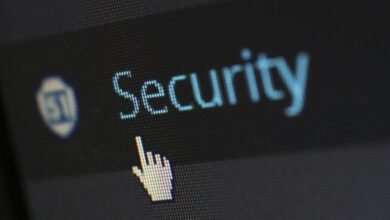The Fraudulent Caller Detection Hotline Awareness Division operates through several contact numbers, including 3716140791 and 3332080795. This division is pivotal in the fight against phone scams. It offers resources for reporting suspicious calls and educates the public on common scam tactics. Understanding these elements is essential for personal security. What strategies can individuals employ to safeguard their information against these evolving threats?
Understanding Common Scam Tactics
As individuals become increasingly reliant on digital communication, understanding common scam tactics has never been more critical.
Scammers exploit human emotions through established scam psychology, often employing caller tactics that create urgency or fear.
Recognizing these manipulative strategies enables individuals to maintain their autonomy and protect their personal information.
Awareness of these tactics is essential in the fight against digital fraud.
How to Report Suspicious Calls
Reporting suspicious calls plays a vital role in combating fraud. Individuals should document any suspicious call signs, including phone numbers and caller details.
Following established reporting procedures, they can notify local authorities or consumer protection agencies. This proactive approach helps create awareness and protects others from potential scams.
Engaging in this practice fosters a community that values safety and informed decision-making.
The Role of the Fraudulent Caller Detection Hotline
The Fraudulent Caller Detection Hotline serves as a critical resource in the fight against phone scams.
By enhancing hotline effectiveness, it empowers individuals to report suspicious activity and aids in caller identification. This proactive approach helps to deter scammers, thereby preserving personal freedom and security.
Ultimately, the hotline acts as a vital tool in educating the public about evolving fraudulent techniques.
Tips for Protecting Your Personal Information
Although many individuals believe their personal information is secure, taking proactive measures to safeguard it is essential in today’s digital landscape.
Maintaining strong password security, utilizing two-factor authentication, and regularly updating passwords can significantly enhance digital privacy.
Additionally, being cautious about sharing personal information online and monitoring accounts for suspicious activity further protects against unauthorized access and potential fraud.
Conclusion
In a world increasingly fraught with digital threats, the Fraudulent Caller Detection Hotline stands as a beacon of safety and awareness. By equipping individuals with the tools to identify and report scams, it contrasts sharply with the deceptive tactics employed by fraudsters. This initiative not only fosters a sense of community vigilance but also emphasizes the importance of informed decision-making. Ultimately, the hotline embodies a proactive approach to safeguarding personal information in an era where vigilance is paramount.





